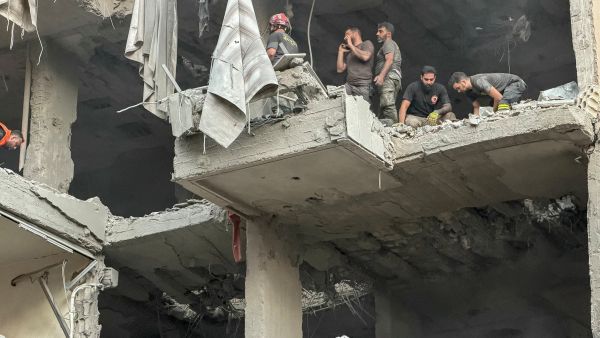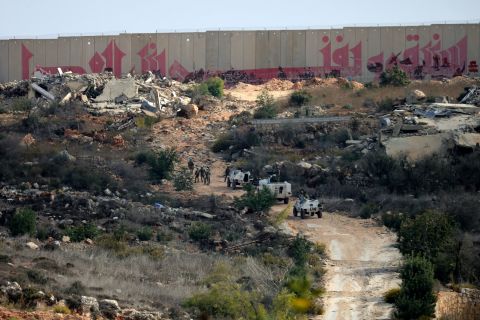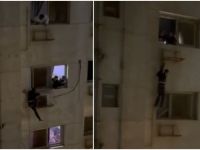ALBAWABA - Tensions have grown in Lebanon since Israel confirmed that Haitham Ali Tabbatabai, also known as "Abu Ali," was killed by Israel in a targeted attack that analysts say was an attempt to weaken Hezbollah's military leadership and change the balance of power along the border.
Military experts say that the operation is in line with Israel's long-standing strategy of putting a lot of pressure on Hezbollah to disarm and stop it from building up its military again. The attack, which was done under the code name "Black Friday," is thought to be part of a larger effort to target important people in Lebanon.
Experts say that the Lebanese government is under more pressure than ever to put all of its weapons in the hands of the national army. If it doesn't, they say, Israel will always have a reason to operate on Lebanese land.
Concerns about a security breach
Experts in security in Beirut were surprised that Israel was able to place Tabbatabai's location, pointing out that Hezbollah keeps its commanders' whereabouts secret and just recently reorganized its ranks in complete secrecy. Analysts think that the attack needed both high-tech tools and a sophisticated network of informants who could get into Hezbollah's inner security groups.
A Very Important Test for Hezbollah
Hezbollah is in a tough military spot now that someone has been killed. According to analysts, the group has to decide whether to respond and risk a much harsher Israeli response or not to react and look weak, which could hurt its support among supporters.
Israel says that Lebanon broke the terms of a previous deal that said all non-state weapons had to be removed from the south. This means that Israel will have to take more military action.
More General Message to Tehran
Political experts say the strike goes beyond Lebanon and is a clear message to Iran. Lebanese political sources say that Israel wants to get rid of Tehran's power in Lebanon by breaking up Hezbollah's military branch, either through talks or by force.
They say that Hezbollah is now in "damage control" mode and is not doing anything that could cause a lot of harm. Observers also say that Tehran is making more and more strategic decisions instead of Hezbollah's local leaders.












